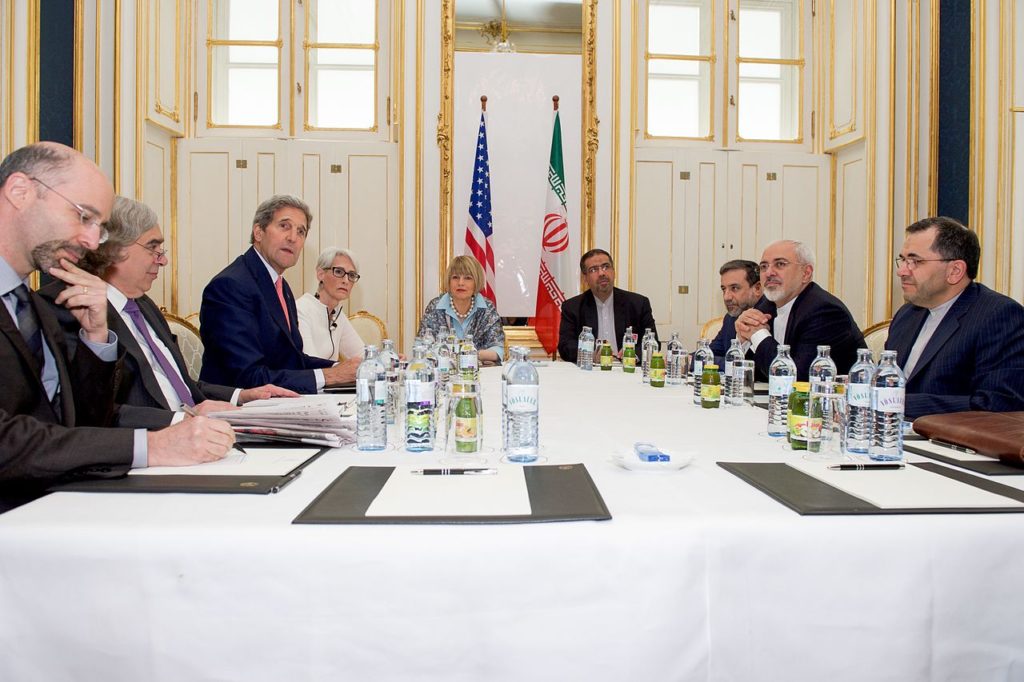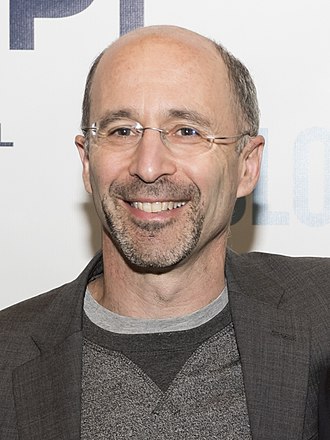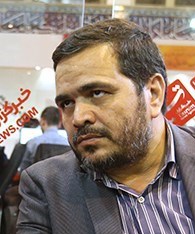February 26, 2021

President Biden has named Robert Malley as special US envoy for Iran, making him the senior administration official dealing full-time with the issues of the Islamic Republic.

Malley was a member of former President Barack Obama’s team that negotiated the 2015 nuclear accord with Iran.
When Malley’s name first surfaced in news reports as a leading candidate for the post, he drew criticism from some Republican lawmakers and pro-Israel groups that feared he would be soft on Iran and tough on Israel. But a number of foreign policy veterans rushed to his defense, praising him as a respected, even-handed diplomat.
Malley held numerous senior positions in the Democratic administrations of Obama and Bill Clinton with a focus on Middle East and Persian Gulf policymaking and informally advised Biden’s team during the 2020 campaign.
Most recently, he was the president of the International Crisis Group, a non-profit organization focused on global conflict.
Malley’s appointment was announced January 29 and allows Biden’s foreign policy aides to begin crafting their approach to Iran. Malley, who does not require Senate confirmation, will be based at the State Department and report to Secretary of State Antony Blinken, with whom he went to high school in Paris.
Malley, 57, previously served in both the Clinton and Obama administrations dealing mainly with Middle East issues. In between his government assignments, he worked for the International Crisis Group, a highly respected think-tank focused on conflict resolution. Before his appointment to the Biden Administration, he had become president of the organization.
Malley is considered an expert on the Israeli–Palestinian conflict” Israeli–Palestinian conflict and has written extensively on this subject, advocating rapprochement with Hamas and the Muslim Brotherhood.
Malley was born in 1963 to Barbara (nee Silverstein) Malley, a New Yorker who worked for the United Nations delegation of the Algerian National Liberation Front (FLN), and her husband, Simon Malley (1923–2006), an Egyptian-born Jewish journalist who grew up in Egypt and worked as a foreign correspondent for Al Gomhuria. A communist sympathizer, the elder Malley spent time in New York, writing about international affairs, particularly about nationalist, anti-imperial movements in Africa, such the FLN.
In 1969, the elder Malley moved his family including six-year-old son Robert—to France, where he founded the leftist magazine Africasia, later re-named Afrique Asia.
The Malleys remained in France until 1980, when then French President Valery Giscard d’Estaing expelled Simon Malley to New York, due to his hostility toward Western colonialism and Israel.
The younger Malley attended Yale University, and was a 1984 Rhodes Scholar. He earned a law degree from Harvard Law School, where he met his future wife, Caroline Brown. Another fellow law school student was Barack Obama. In 1991–1992, Malley clerked for Supreme Court Justice Byron White, while Brown clerked for Supreme Court Justice Sandra Day O’Connor. The couple has two sons, Miles and Blaise, and one daughter, Frances.
Malley joined the Clinton administration as Director for Democracy, Human Rights and Humanitarian Affairs on the National Security Council staff from 1994–1996. From 1996–1998, he was Executive Assistant to National Security Advisor Sandy Berger. In October 1998, Malley was appointed Special Assistant to President Clinton for Arab-Israeli Affairs, a post he held until the end of the administration in 2001.
He soon joined International Crisis Group in Washington, DC, overseeing Middle East issues.
In the 2008 presidential campaign, he was an advisor to Obama without having any formal role in the campaign. On May 9, 2008, the campaign severed ties with Malley when The Times of London reported that Malley had met with the Palestinian group Hamas, listed by the US State Department as a terrorist organization. Malley told The Times he had been in regular contact with Hamas officials as part of his work with the International Crisis Group. “My job with the International Crisis Group is to meet with all sorts of savory and unsavory people and report on what they say. I’ve never denied whom I meet with; that’s what I do,” Malley told NBC News, adding that he informs the State Department about his meetings beforehand and briefs them afterward.
Six years later, he joined the Obama Administration handling Persian Gulf policy on the National Security Council staff, later becoming the Special Assistant to the President and White House Coordinator for the Middle East, North Africa and the Gulf Region in 2015.
After Obama left office in 2018, Malley returned to the International Crisis Group, serving as a vice president before being elevated to president and CEO.
Even before Malley was appointed to the Biden Administration, conservatives had accused him of being too accommodating toward Iran and not supportive enough of Israel, based on his track record in the Obama and Clinton Administrations. Senator Tom Cotton, Republican of Arkansas, an avowed opponent of the nuclear deal, wrote on Twitter that Malley’s selection would be “deeply troubling.”
In response, a public statement supporting his appointment, signed by dozens of foreign policy experts and former US officials, called Malley “among the most respected foreign policy experts in the United States” and an “astute analyst and accomplished diplomat.”
























